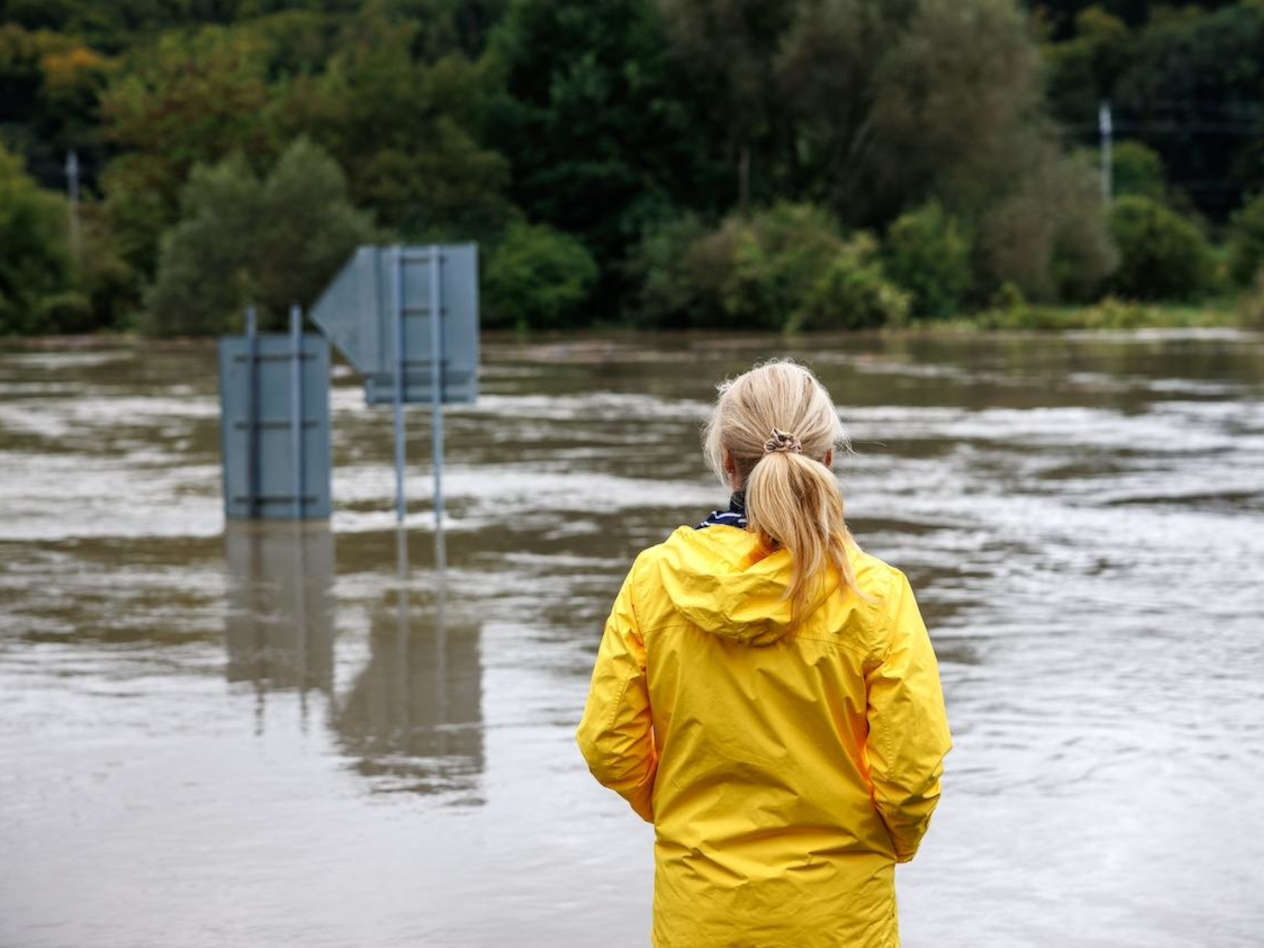Natural disaster survivors still believe in nature’s benevolence
- February 20, 2025
- By Jill Young Miller
- 2 minute read

Americans generally believe in the inherent goodness of nature, and this belief is just as strong among people who have experienced natural disasters, according to recently published research.
“Despite the antagonistic force that nature often plays in people’s lives, people seem to value nature and view it as a benevolent force in human affairs,” said Sydney Scott, Olin associate professor of marketing.
Scott is a coauthor of the paper “Americans believe in the benevolence of nature, and this belief is not lower in people who have experienced natural disasters” in the journal Judgment and Decision Making.
Participants in the study often favored natural products even when told that the natural and artificial products were chemically identical or have the same effects.
“Just as terms like ‘organic’ and ‘natural’ have positive connotations, terms related to human production, like ‘chemicals’ and ‘preservatives,’ have negative connotations,” the researchers report.

The belief in the benevolence of nature is widespread and sometimes leads to a misguided perception that natural products are of higher quality, even when they’re inferior, according to research.
“Interestingly, experiencing natural disasters does not appear to diminish this belief,” said Scott, whose research generally focuses on the psychology of consumer decisions, focusing on moral judgment, naturalness, sustainability, and decision-making.
The researchers administered a Qualtrics survey to 301 American adults via Prolific, an online research platform. They restricted their selection of subjects to states with high incidences of natural disasters: California, Texas, Oklahoma, Louisiana, and Florida. They also specified that the sample should be half Republican and half Democrat.
Participants were asked “Have you, a friend, or a family member been directly affected by one or more disasters since the year 2000 (e.g. a major flood, toxins in water, hurricane, or an oil spill)?”
In total, 147 participants indicated that either they or a friend or family member had been affected by at least one disaster. Of these 147 people, most only listed one disaster, but some listed two or three.
The survey asked 24 questions to measure belief in the benevolence of nature that covered different domains, such as food and medicine, and different kinds of consequences, such as safety and effectiveness. The researchers also created a more useful, shortened scale with a subset of 10 items averaged together.
Their analysis found that “those who had experienced natural disasters had a nonsignificantly greater belief in the benevolence of nature,” according to the paper.
“It is reasonable to conclude that direct experience with serious negative consequences as a result of natural disasters is not associated with a decreased belief in the benevolence of nature.”
Media inquiries
For assistance with media inquiries and to find faculty experts, please contact Washington University Marketing & Communications.
Monday–Friday, 8:30 to 5 p.m.
Sara Savat
Senior News Director, Business and Social Sciences
